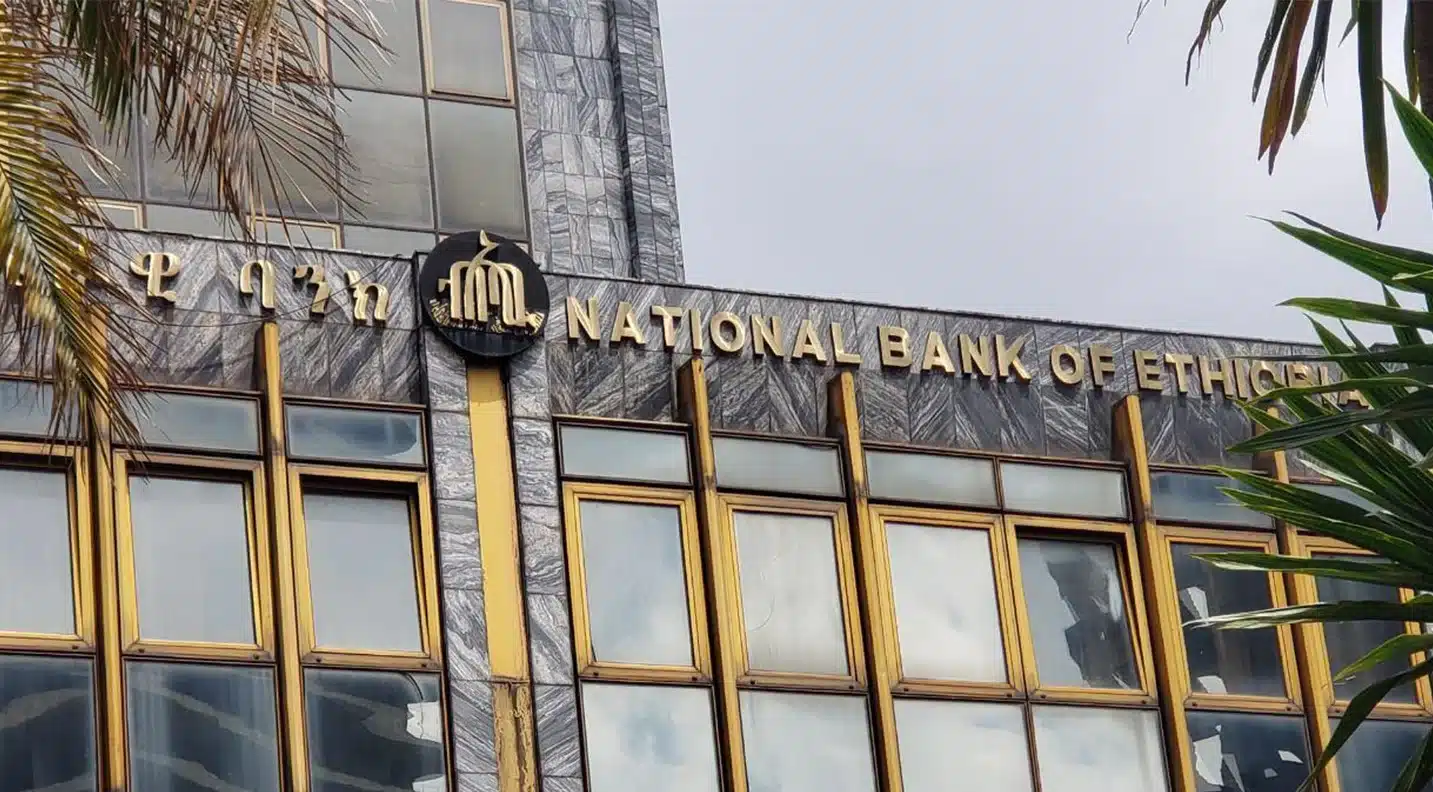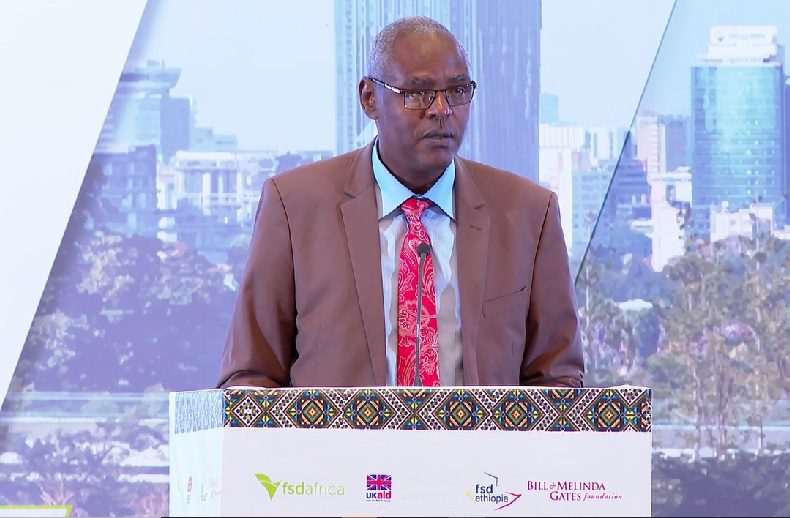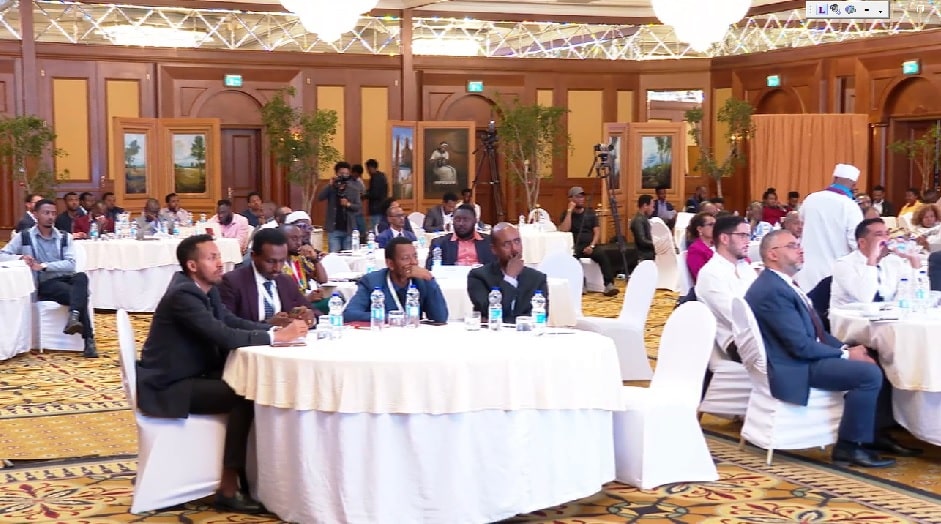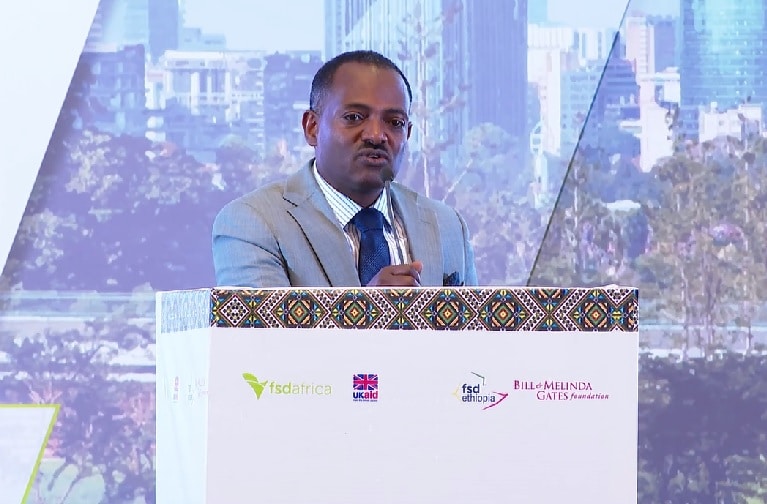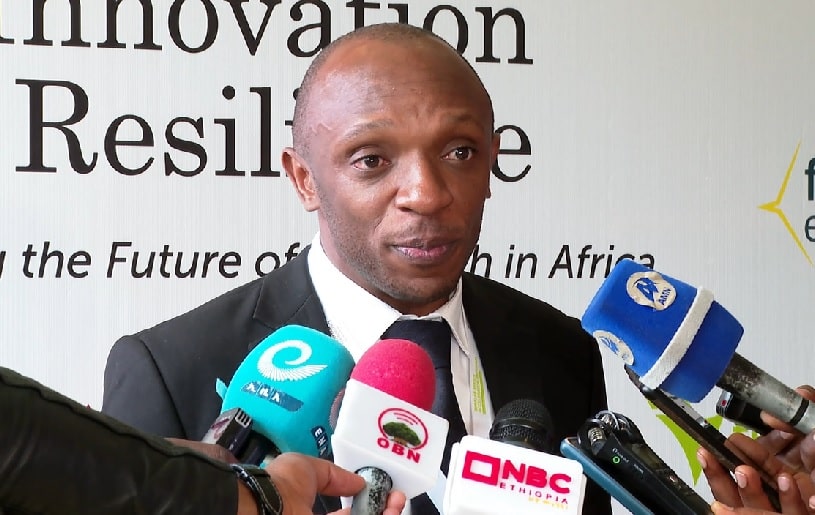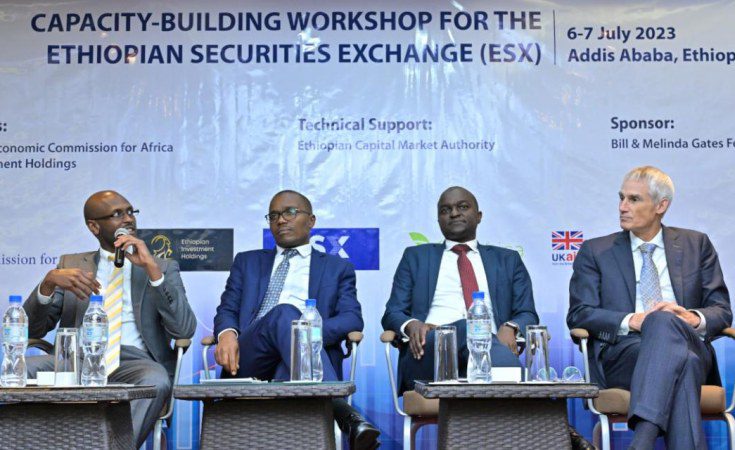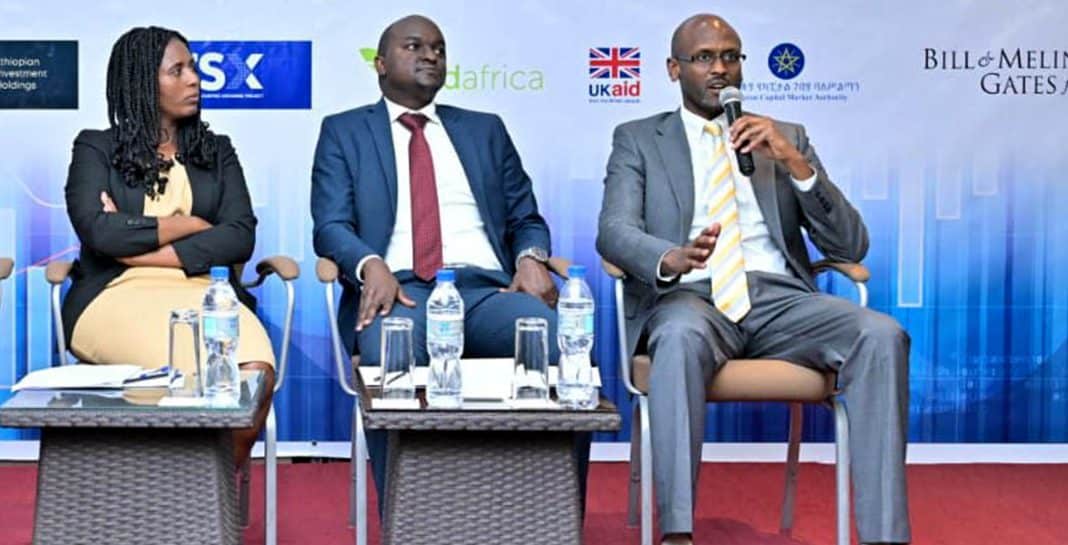Nairobi, 25 July 2023: A new report from the collaborative forum of African financial institutions the African Natural Capital Alliance (ANCA) and management consulting firm Oliver Wyman has underlined the growing importance of African regulators acting on nature-related risks in line with their mandate of maintaining financial stability.
The report “Improving the transparency of nature-related risks in Africa: the emerging regulatory agenda”, outlines how financial sector stakeholders, including regulators, are increasingly recognising that the depletion of nature poses risks to financial and economic stability.
The report makes clear that the issue is a particularly urgent one for sub-Saharan Africa as its economies are disproportionately dependent on nature. For instance, over 70% of people living in the region are dependent on forests and woodlands for their livelihoods, compared to about half of the total world’s GDP generated in industries that depend on nature. The rate at which nature in Africa is being lost also exceeds the global average. For example, Africa’s Biodiversity Intactness Index (BII) score – which measures the number and abundance of species on land – declined by 4.2% between 1970 and 2014, considerably higher than the global BII score decline of 2.7% over the same period.
In East Africa alone, failure to protect natural capital as a whole (including its stocks of soil, air, water, and all living things, which underpin the region’s economy and human well-being) would result in an economic loss of more than $11.3 billion a year, according to an assessment commissioned in 2021 by USAid.
Dorothy Maseke, the Nature Lead at FSD Africa and ANCA, says: “Enhanced transparency of nature-related risks is fundamental to managing them effectively. This is the case for individual financial institutions, which need visibility of the nature-related risks in their lending, underwriting, and investment portfolios. And it is also the case for regulators, so that they can identify nature-related risk concentrations for regulated entities and assess whether they are being managed effectively.”
African regulators embracing this complexity is so important, she adds, because the continent is disproportionately exposed to nature-related risks.
Sandra Villars, senior advisor at Oliver Wyman, says: “The Global Biodiversity Framework (GBF), which was adopted in December 2022 by 188 governments across the world, aims to address biodiversity loss, restore ecosystems, and protect indigenous rights. This landmark agreement prompts governments to introduce policies to manage nature loss, which will lead to regulators having to act, and highlights the opportunities for regulators to do so proactively.
African regulators could thus benefit from engaging with this new agenda early and being at the forefront of integrating nature into their regulatory regimes.”
As summarised in the report, there are four simple steps regulators can take as part of a nature-related disclosure roadmap while policy frameworks are being finalised in their jurisdictions:
- Engage with finance and environment ministries to align their regulatory approach with
- government’s policy agenda on nature
- Assess internal capacity and act on gaps
- Assess the capacity for action among regulated entities
- Engage in voluntary nature networks such as the Sustainable Insurance Forum (SIF), the Network for Greening the Financial System (NGFS), the African Natural Capital Alliance (ANCA), and the Task Force on Nature-Related Financial Disclosures (TNFD)

